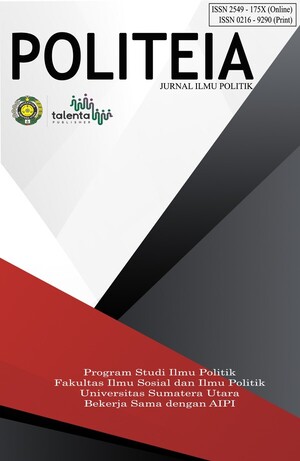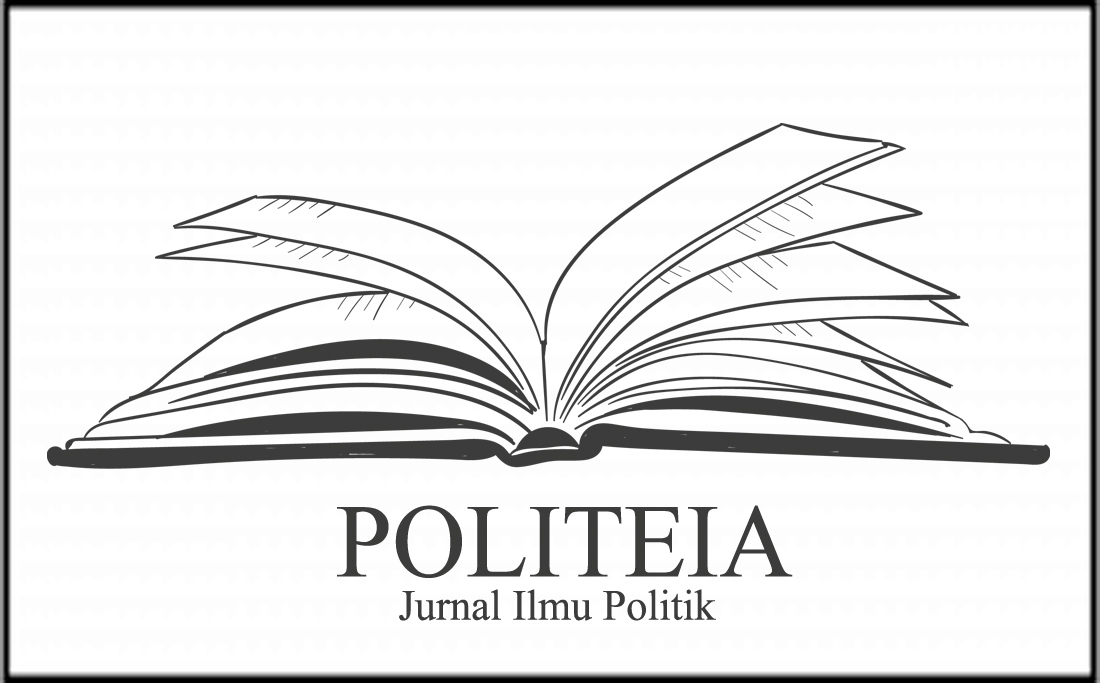Demokratisasi Negara Sudan Pasca Berakhirnya Pemerintahan Islam
DOI:
https://doi.org/10.32734/politeia.v15i2.11465Keywords:
Coup d’etat, Democracy, Islamic Government, Sudan, Sudan CrisisAbstract
This article discusses the political conditions, and the process of democratization in Sudan after the end of Islamic rule. As a predominantly Muslim country, Sudan has long had an Islamic government and sharia-based laws. However, after President Omar Bashir stepped down, in 2020 the Sudanese transitional government decided to end the system of government under Islamic law and promised freedom or democracy for the people of Sudan. This is then interesting to discuss and this article aims to find out the condition of Sudan after the end of Islamic rule, and to analyze whether the process of democratization by the transitional government of Sudan was successful. The author uses a descriptive method, with a democracy and democratization approach. Data is collected through Google Scholar, the Freedom House Website, and several other sources. then the data is analyzed by comparing the index of freedom in the State of Sudan in 2022 with 2019 after the revolution or the end of the authoritarian government of President Omar Bashir. The author finds that the process of democratization in Sudan after the end of the Islamic government or Bashir's authoritarian government has not been successful. Sudan has indeed experienced several democratization processes, but democracy in Sudan has not yet been consolidated. This is due to a number of reasons, such as the coup d'etat and the domination of the Sudanese military, the transitional government that is not transparent, people's rights that have not been fulfilled, and there is still a very severe economic crisis.
Downloads
Downloads
Published
Issue
Section
License
Copyright (c) 2023 Politeia: Jurnal Ilmu Politik

This work is licensed under a Creative Commons Attribution-ShareAlike 4.0 International License.














